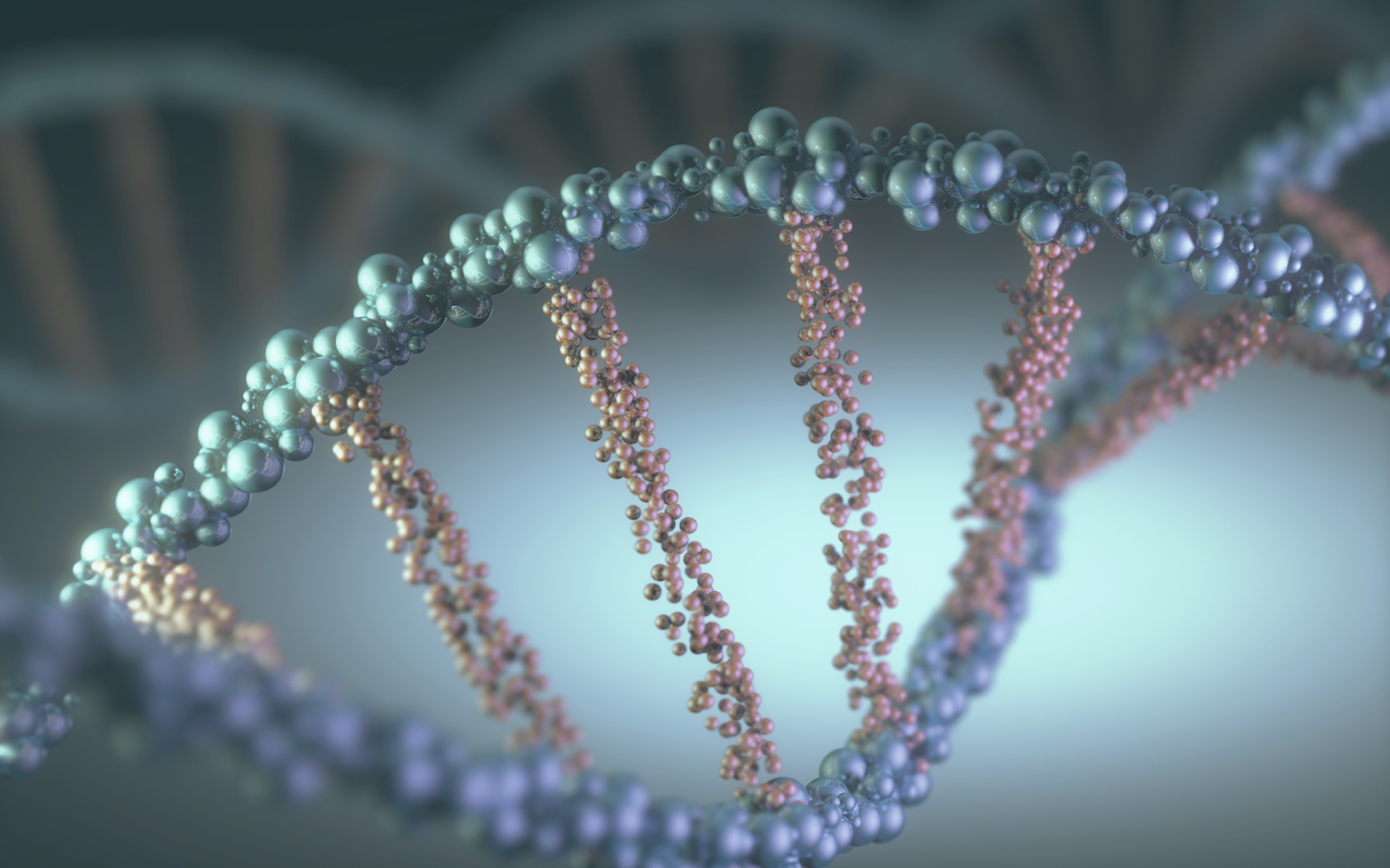Another Astellas gene therapy hits a safety hurdle

The safety of Astellas' gene therapy portfolio has been thrust into the spotlight once again, after the FDA placed a clinical hold on a trial of its Pompe disease candidate AT845.
The US regulator took the action after a case of peripheral sensory neuropathy – billed as a serious adverse event – was reported in the phase 1/2 FORTIS trial in late-onset Pompe disease.
Peripheral sensory neuropathy typically refers to pain, tingling or other symptoms like itching or numbness that can occur when the peripheral nerves are damaged, and generally affects the extremities like the feet or hands.
In a statement, Astellas said that the severity of the adverse event had been recorded as grade 1 or mild by the study investigator, but was "deemed serious due to medical significance."
The FDA has indicated that it does not have enough information to gauge the risk to subjects enrolled into FORTIS, so has paused the study's recruitment while it gathers additional data.
Astellas' aspirations in gene therapy have been knocked back by a series of setbacks, including cases of liver toxicity and deaths in a trial of its AT132 gene therapy candidate for rare disease X-linked myotubular myopathy (XLMTM) which resulted in a clinical hold last year.
AT845 uses the same adeno-associated virus (AAV) vector platform as AT132, but so far there have been no reports of liver toxicity with the Pompe disease candidate. The delivery vector – an AAV8 capsid – is designed to allow gene expression directly in target tissues like skeletal muscle.
Meanwhile, Astellas revealed in April it was halting the development of three gene therapy candidates for Duchenne muscular dystrophy (DMD), taking a $170 million financial charge which came on top of an earlier $540 million write-off related to the AT132 clinical hold.
Astellas' gene therapy programmes come in part from its $3 billion takeover of Audentes Therapeutics in December 2019, which provided both AT132 and AT845.
"Patient safety is our top priority, and we are working closely with the FDA to determine appropriate next steps," commented Weston Miller, senior medical director for clinical development at Astellas' gene therapy unit, adding: "we remain committed to the safe and effective development of AT845."
The company remains committed to its gene therapy aspirations and bolstered its capabilities in this area last December when it licensed rights to an AAV capsid platform developed by Dyno Therapeutics, designed to improve the safety of the vectors.













